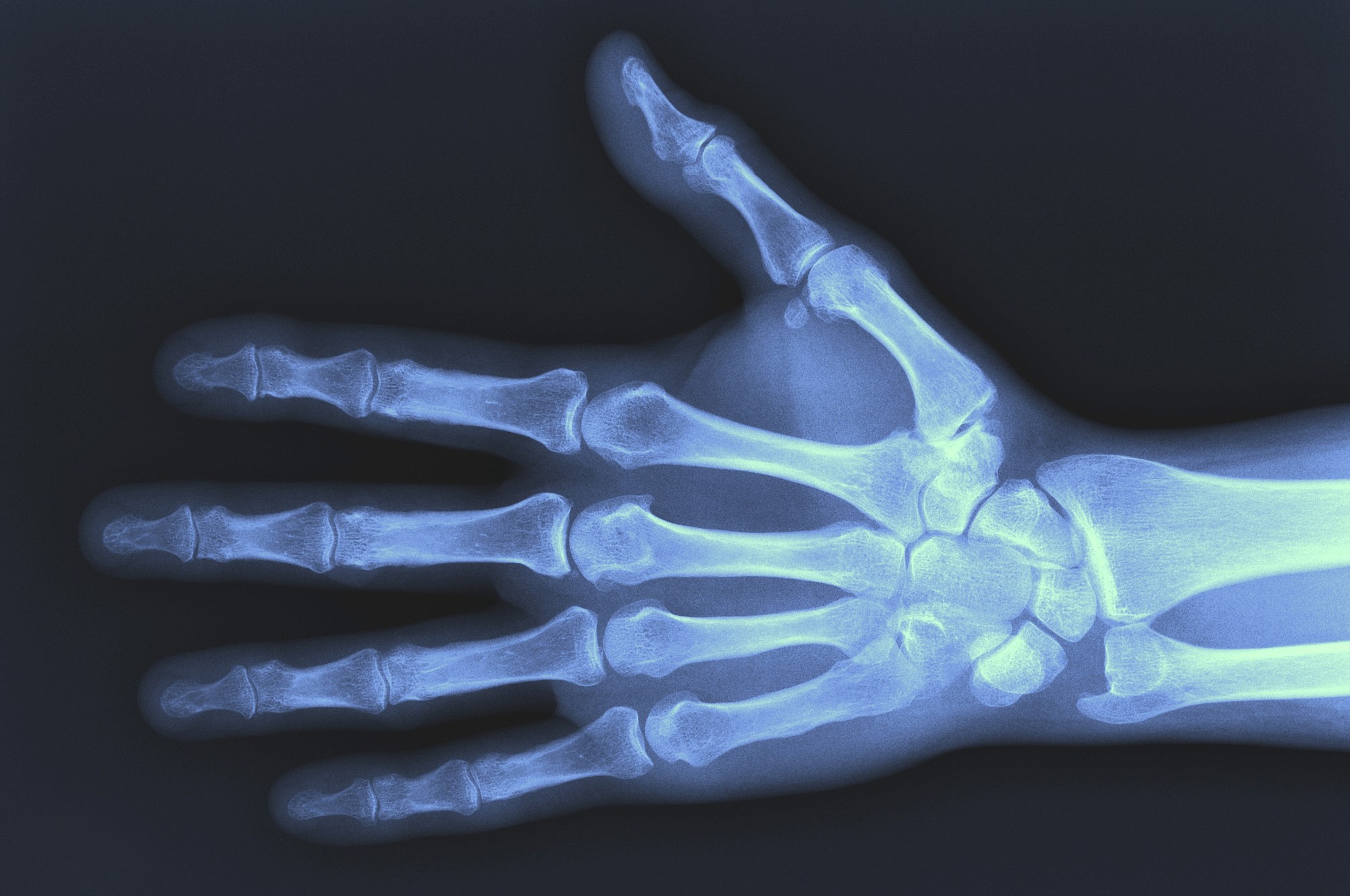Moms who hate hearing kids crack their knuckles aren’t going to like hearing this: Those threats that knuckle-cracking will cause arthritis just aren’t true.
Dr. Kevin deWeber, a sports and family medicine physician at Family Medicine of Southwest Washington, researched and debunked the myth after being asked countless times by knuckle-cracking patients if they were destined to develop osteoarthritis.
“I was actually a little surprised by what I found,” deWeber said. “There was a trend toward people who crack their knuckles having less arthritis, not the opposite way around, like moms always assumed.”
Anywhere between 25 percent and 54 percent of people crack their knuckles, depending on the population studied. It can become habitual because of the immediate joint tension release and increased range of motion, deWeber said.
While urban legend suggests that knuckle cracking will lead to arthritis, the claim has never been supported in medical literature.
So deWeber researched the issue by using a database search and medical records to identify 329 study participants. He identified 188 patients who had arthritis, and 141 people who did not have arthritis to use as a control group. Each of the patients had received radiographs of their right hands from October 2003 to October 2008.
DeWeber sent participants a questionnaire packet asking them to identify which joints they crack and how often they crack their joints. He also surveyed participants about specific risk factors for osteoarthritis, such as family history, fractures or dislocations of joints and a history of heavy labor using the hands. Patients were also asked about the presence and duration of their arthritis symptoms.
Of the 329 participants, 215 people completed the surveys. Of those 215 respondents, 135 were arthritis patients and 80 were in the control group.
Overall, 20 percent of the respondents reported cracking their knuckles — 23 percent of controls and 18 percent of arthritis patients. Habitual knuckle cracking — even among those who have done so for many years — was not a risk factor for arthritis in the hands, deWeber found.
The research — and no other research to date — does not conclusively prove that knuckle cracking is good for the joints or bad for the joints, deWeber said. Scientifically proving that would require a large randomized study of people, some of whom would be required to crack their knuckles and others who would not be allowed to crack their knuckles. Participants would have to be followed for decades.
“That study is practically impossible to do,” for both ethical and logistical reasons, deWeber said. “This may be the best evidence we have.”
DeWeber published his findings in a research paper, “Knuckle cracking and hand osteoarthritis,” a couple of years ago. His work was cited in a Canadian study published last month that contradicted a working theory for the last 60 years: that the sound of a knuckle cracking comes from a bubble in the joint fluid collapsing. In fact, the noise comes from a bubble forming, according to the new research.
While the findings of his study and the new research have piqued his curiosity, deWeber said he doesn’t plan to research knuckle cracking any further.
His research has allowed him to answer his patients’ questions about arthritis and, as a lifelong knuckle cracker, reassure himself that his habit isn’t harmful. The research also gave his children, who mirror their father’s habit, ammunition to counter his wife’s complaints.
“It’s one of those urban myths that God only knows where it originated,” deWeber said. “It was basically an assumption. My guess is some mom was really irritated with her kids and she came up with something to scare them.”
Now that he’s debunked the myth, deWeber has one message for fellow knuckle crackers: “Happy cracking.”




